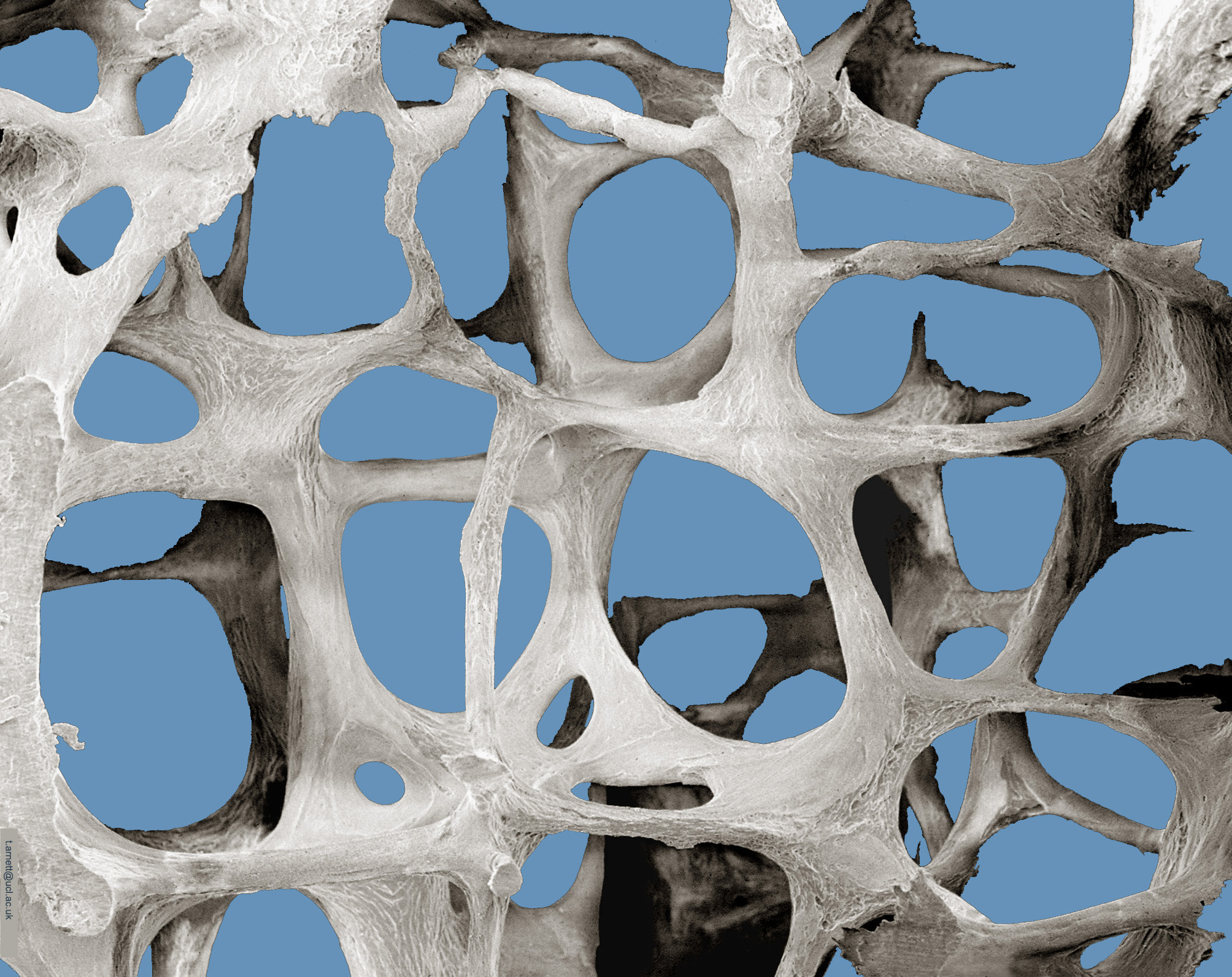Posted 15 December 2023

The NHMRC Investigator Grant scheme is the NHMRC’s largest funding scheme and a major investment in Australia’s health and medical research workforce.
Awarded to Australia’s highest achieving researchers, these grants play a critical role in the Australian health and medical research sector by providing a significant research support package over 5 years.
At the end of 2023, three of SVI’s scientists were awarded more than $5M to tackle bone disease, heart disease and rare diseases.
Bone disease in the sights
Professor Natalie Sims, Head of SVI’s Bone Biology & Disease Lab was awarded $2.5 million to advance her work on understanding the causes of age-related bone fragility.
“We’ve known for almost 50 years that cortical bone gets more porous as we age, but we still don’t understand how this happens or what drives it,” Natalie explains.
“This new knowledge presents tantalising opportunities not only to develop better treatments for osteoporosis, but to improve surgical implants for knee and hip replacements and to engineer better load-bearing materials for manufacturing cars, planes and buildings.”
Better diagnosis of rare diseases
Dr Harriet Dashnow, an internationally recognised bioinformatician currently based at the University of Colorado, has been awarded more than $660,000 to investigate more accurate methods to diagnose rare disease.
“Half of rare disease patients don’t receive an adequate diagnosis. My work focuses on developing software to analyse and identify specific genomes in order to improve the diagnosis and discovery of these diseases,” says Harriet.
Heart size versus heart health
Professor André La Gerche, Head of SVI’s Heart, Exercise, and Research Trials Lab was awarded more than $2.7 million for his work on heart disease diagnosis and treatment.
André will be examining the potential genetic and environmental causes of small heart syndrome, a condition which is characterised by shortness of breath and exercise intolerance.
“Small heart syndrome impairs a person’s ability to go about their daily lives,” said André.
“It also has a direct impact on their body’s ability to cope with illness. If you can’t get enough oxygen to your muscles then the whole system fails.”